Storytelling through production design: A comprehensive exploration
Welcome to the captivating world of filmmaking, where production design reigns as an unsung hero of storytelling.

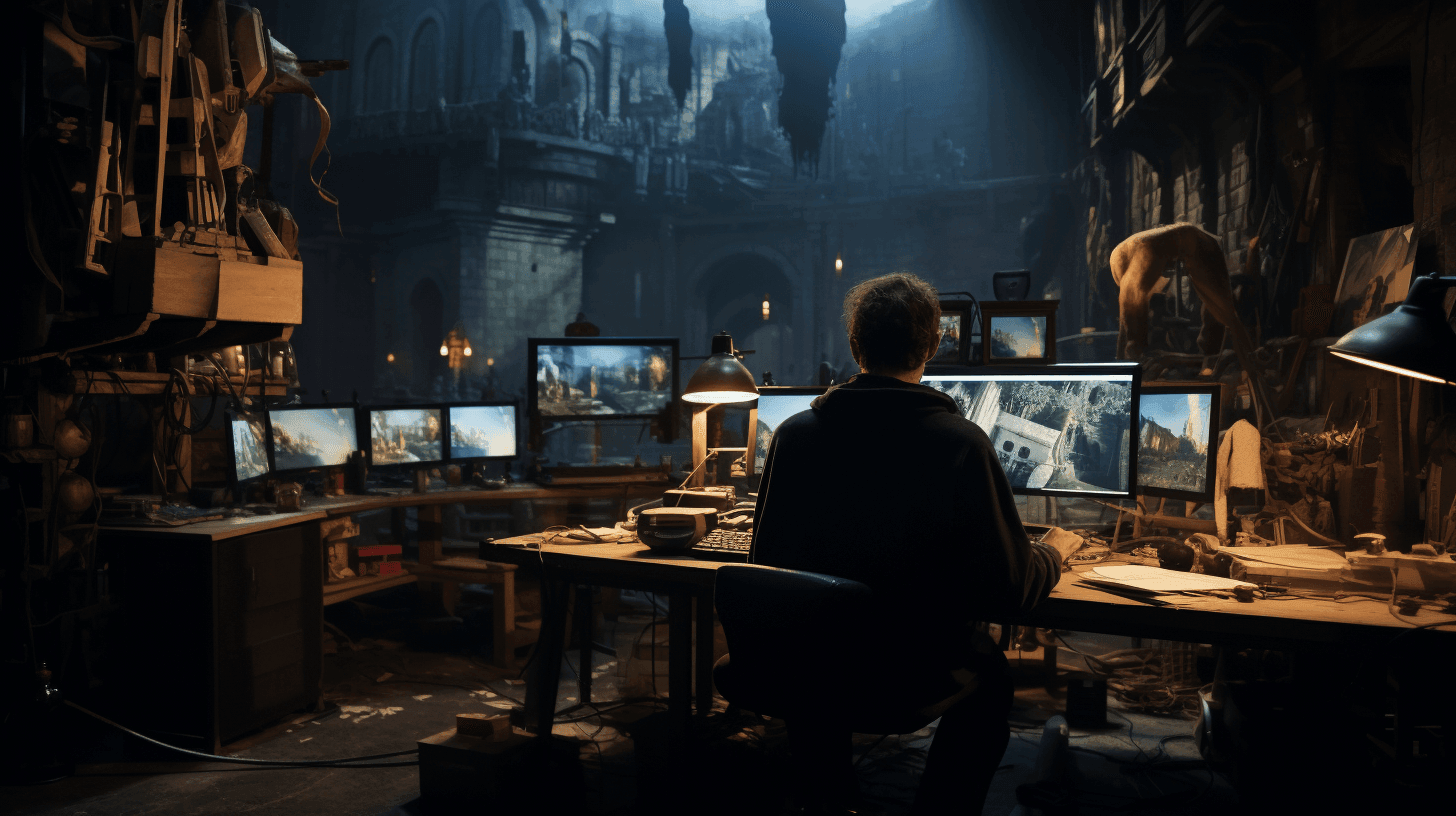
This intricate craft silently influences the film’s mood, theme, and character development, driving the visual narrative that audiences experience on screen.
Production design and its role in storytelling
At the heart of filmmaking, production design encapsulates the conceptualization and manifestation of the visual environment. From set locations and decorations to props and costumes, production designers help create a cohesive world that strengthens the storytelling process.
A case in point is "Metropolis" (1927). Its iconic production design, led by Otto Hunte, Erich Kettelhut, and Karl Vollbrecht, shaped the film's pioneering visual narrative, transporting audiences into a dystopian future.
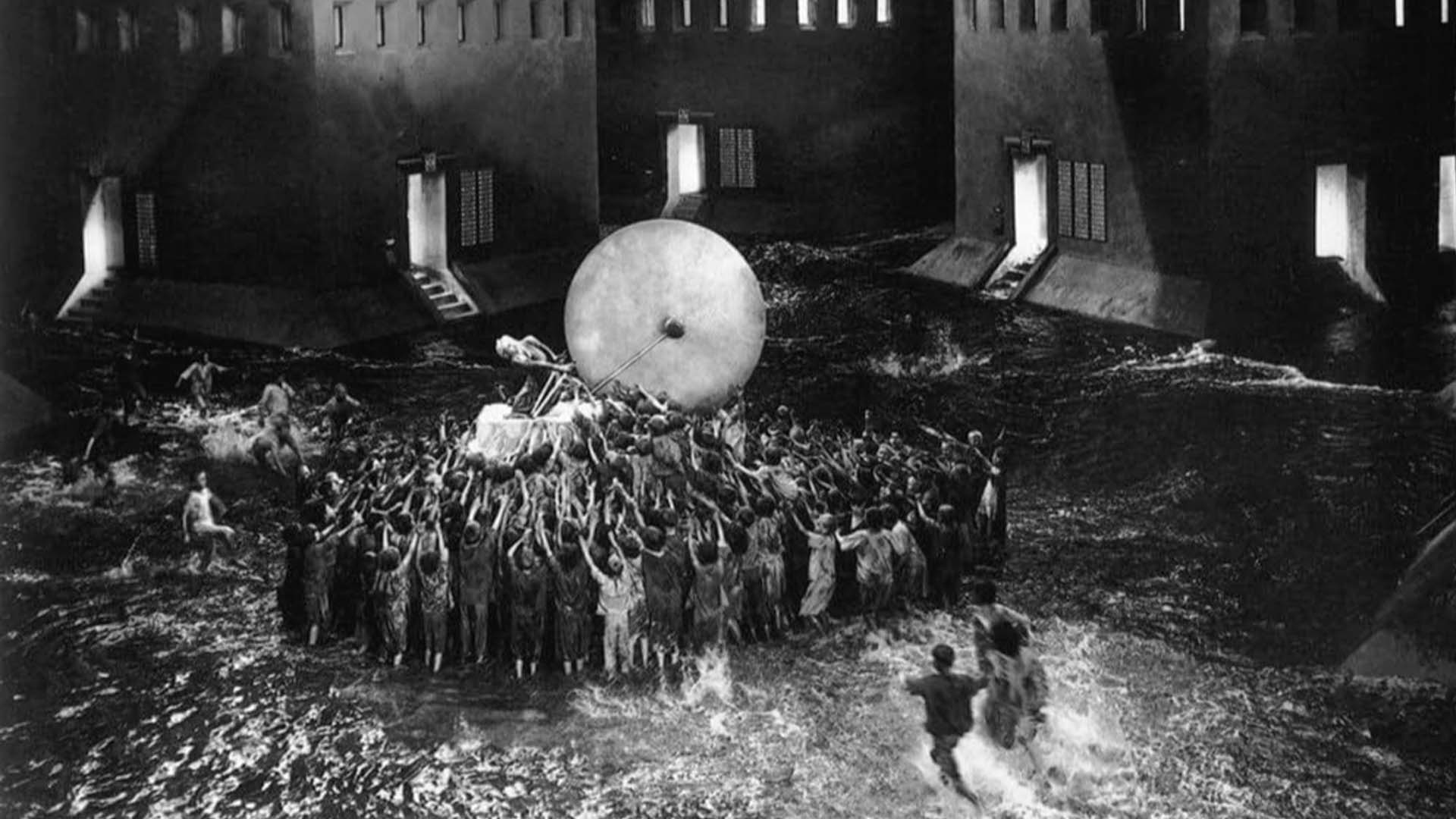
Creating a visual narrative through production design
Creating a visual narrative through production design involves moulding the film's aesthetic to echo and enhance the narrative arc. The overarching visual style is crafted to evoke emotions, provide context, or offer subtextual clues to the story.
In "Amélie" (2001), production designer Aline Bonetto used a dreamlike aesthetic to align with director Jean-Pierre Jeunet's unique storytelling style. The vivid color palette and whimsical set designs construct a visual narrative that is as charming and captivating as the film's plot.
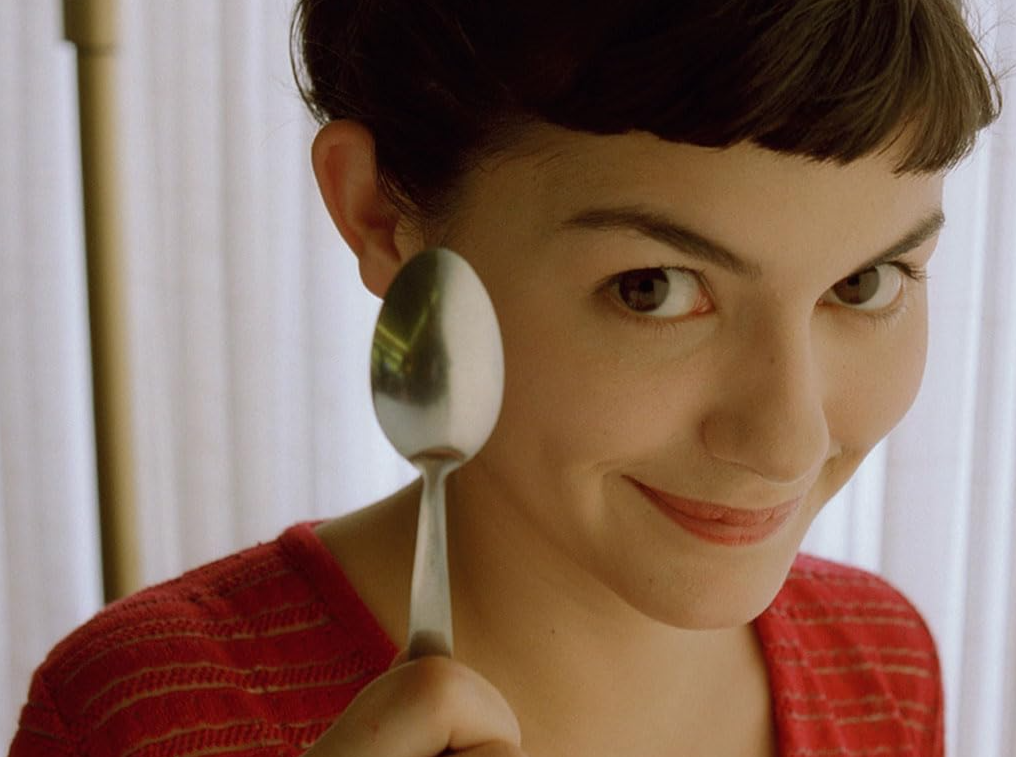
Set and costume design: More than meets the eye
Set design and costume design are integral parts of production design that profoundly impact storytelling. They offer vital visual cues about characters and settings, enhancing the narrative's believability and richness.
In "Barry Lyndon" (1975), the meticulous set design and period-appropriate costumes recreate the elegance and intricacies of the 18th-century society, immersing viewers deeply into the narrative. Milena Canonero’s costume design particularly captures the decadence and societal norms of the era.
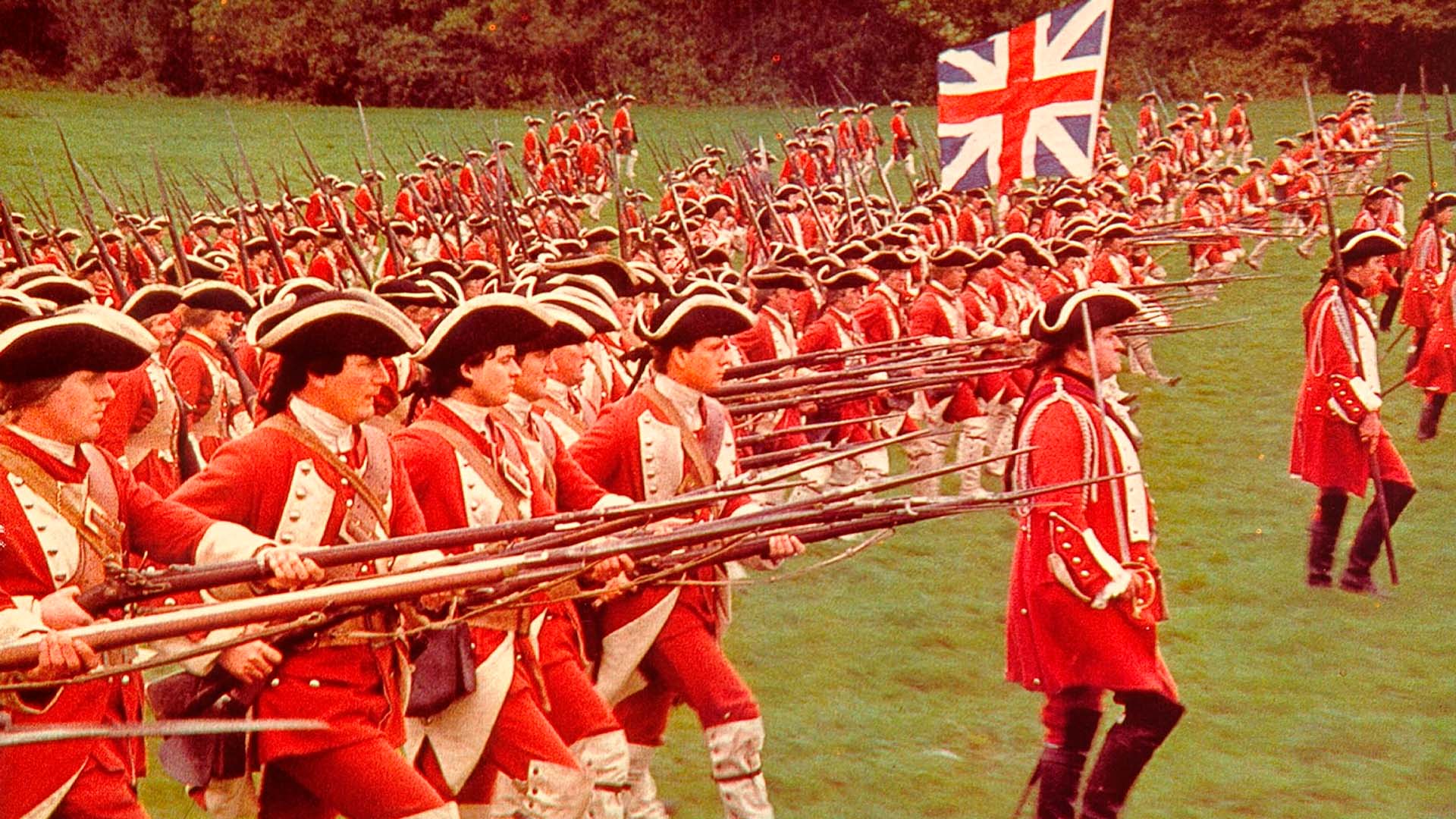
Art direction and cinematography: Tools for storytelling
Art direction and cinematography work in tandem with production design. They collaborate to translate the director's vision into a visually cohesive narrative, aiding storytelling in the process.
In "Brazil" (1985), art director Norman Garwood collaborated with cinematographer Roger Pratt to create a quirky dystopian world that echoed the surreal and bureaucratic society presented in the story. The distinctive cityscape created a visual narrative as influential and poignant as the film’s script.

The Impact of lighting on narrative
Lighting design is pivotal in storytelling. It governs the mood, atmosphere, and emotional resonance of a scene. Take "Sunset Boulevard" (1950) for instance, where John F. Seitz's dramatic and high-contrast lighting design created a dark, brooding atmosphere, reflecting the grim narrative of Hollywood's forgotten star.
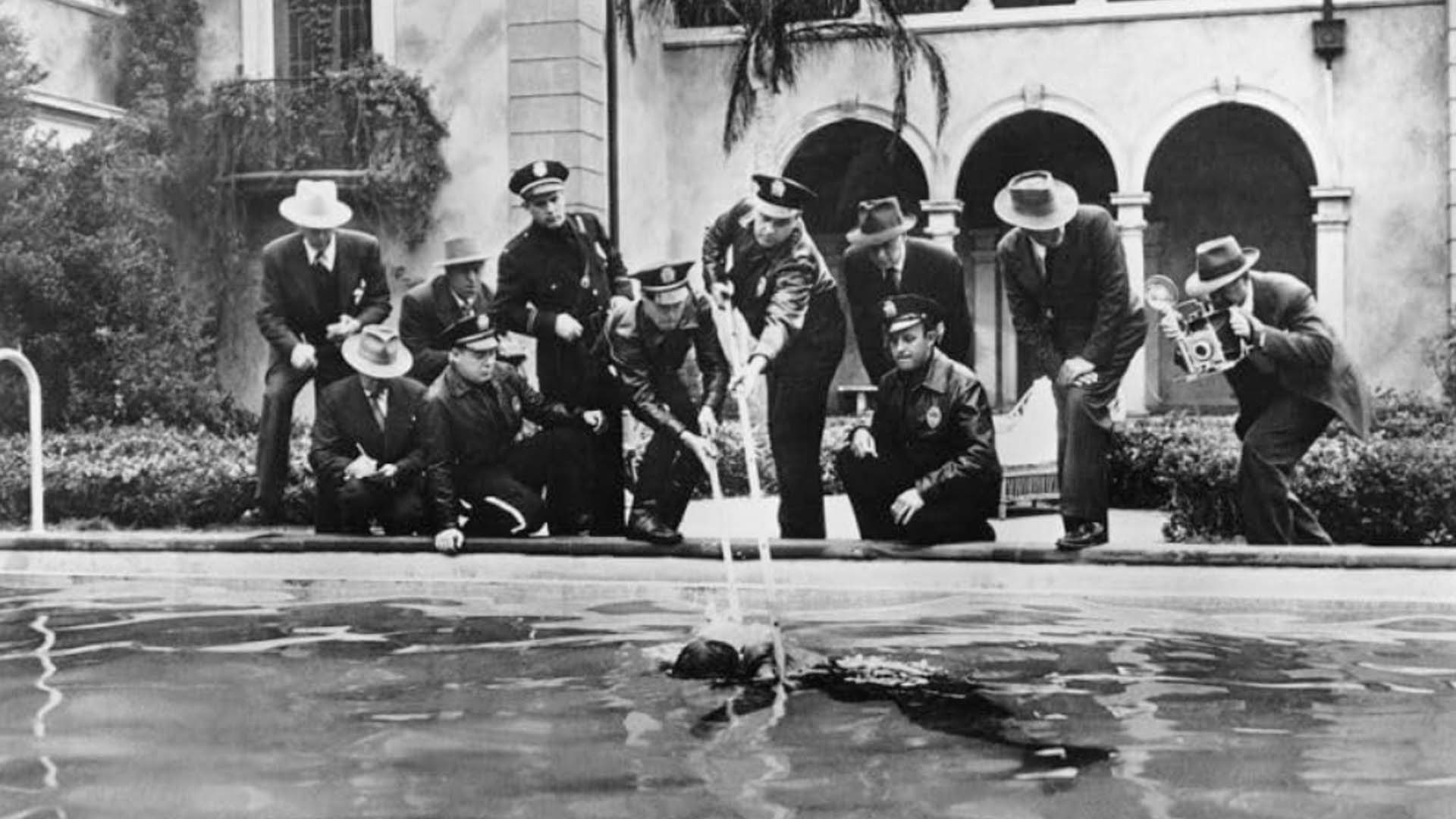
Conclusion
The production design is the quiet superhero of storytelling, subtly yet significantly influencing our cinematic experiences. By harnessing the power of set and costume design, art direction, cinematography, and lighting design, filmmakers can craft engaging, memorable visual narratives that resonate with audiences.
In the current era of technological advancement, companies like Filmustage are revolutionizing these processes. Filmustage employs AI to streamline and optimize various aspects of film production, including production design. With tools like these, filmmakers can effectively conceptualize and execute their vision, ensuring every element of production design contributes to a compelling story. The future of storytelling in filmmaking is indeed bright, and we are thrilled to witness this transformative journey unfold.
From Breakdown to Budget in Clicks
Save time, cut costs, and let Filmustage’s AI handle the heavy lifting — all in a single day.